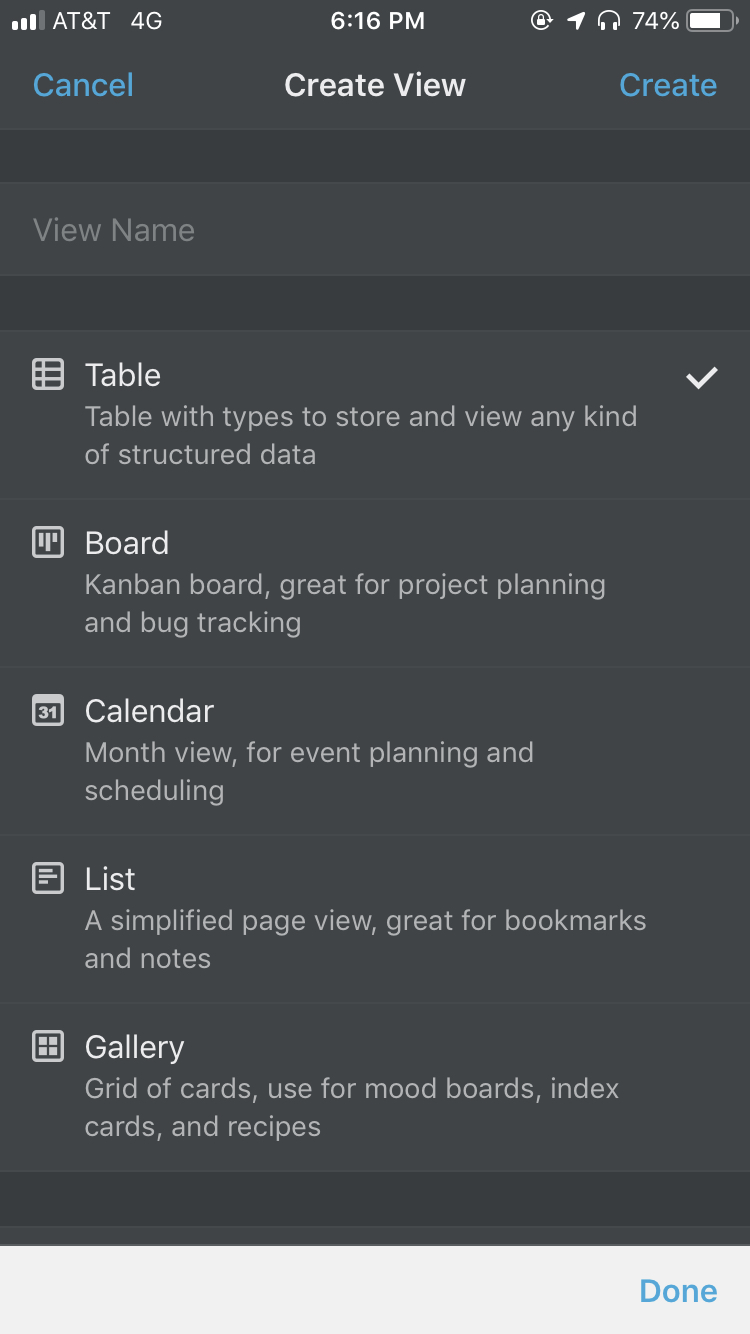Board index ‹ Community ‹ Community Support. Host Down - Mark Services Unknown?? Host Down - Mark Services Unknown?? Pressing this multi-functional button opens an access to the following options: Flight Mode - 'airplane mode', saves the battery.
21st August, 2020 | 4min read
Markdown is a markup language like HTML. It is quite popular among developers to write blogs, readme files, documentation and blogs. Some of the popular websites that support rich text like Reddit, GitHub, Notion etc allow you to write markdown. I use markdown to convert my blog from a markdown file to HTML web pages. Markdown is simple yet very powerful. In this blog, I will be writing about how to build a simple markdown parser to convert md to HTML with JavaScript using Regular Expressions.
How does a markdown text look like
If you open a markdown file, you'll see the following syntax.
Learn more from this markdown cheatsheet.
Regular Expressions
A regular expression is a character sequence that helps us to capture patterns in a text. We can use it to validate user input, find and replace texts and yup, you guessed it, build our markdown parser. 😉
Different languages have different ways to represent RegEx. Here is how it is done in JavaScript.
I will explain the patterns we use in our parser as we reach that section. However, if you want to read more about regular expressions, visit https://javascript.info.
Markdown parser
The markdown parser I intend to build is a function that takes markdown text as input and returns HTML.
Here, we want to find a certain pattern in markdownText and perform replace operations.

String replace function
Our markdown parser is simple. It captures a pattern from markdown string passed to the function as markdownText argument and replaces it with certain HTML pattern.
Here is how the string replace function works.
Note: Here the i flag represents case insensitive and g flag represents global, which means it matches patterns everywhere on the string, not just the first match.
Capturing groups in Regular Expression
Regular Expressions allows us to capture patterns of text and reference them with something like an index. We can use the index in the replace operation. To represent a group, we can simply wrap it in a parenthesis ().
Notion Markdown Supported
Here, we have stored the starting hello in a group. The group can then be referenced with $1 on our replace operation.
Back to the parser
Notion Markdown Supports



Now, we want to parse the markdown text and replace it with HTML.
Here are the RegExes we will use in our parser and their explanation.
Heading
For heading, we want a string that starts with a hash(es) and captures everything after those characters.Here the first carat
^represents line starting with and m flag represents multiple lines and by doing .* we are capturing everything (letters, numbers, special characters) that exists there.Blockquote
For blockquote, we want a line that starts with>and captures everything after that character.Note: > represents escaping > character. That means, don't treat > as a part of special regEx character but as a part of that text itself.
Bold Text
For bold text, we want to capture a text between 2 asterisks.Italics Text
For italic text, we want to capture a text between one asterisk.For image, link and line break

Fitting it all together
By this point, you probably have all the background necessary to understand the concepts. Let's fit all the things that we have learnt up to now and build the parser.
Notion Markdown Support Tool
Time to test the parser.
Does Notion Support Markdown
Should print:
Does Notion Support Markdown
Our markdown parser is now completed. It doesn't cover everything that markdown supports. Try implementing them and share the solution with me via twitter.
